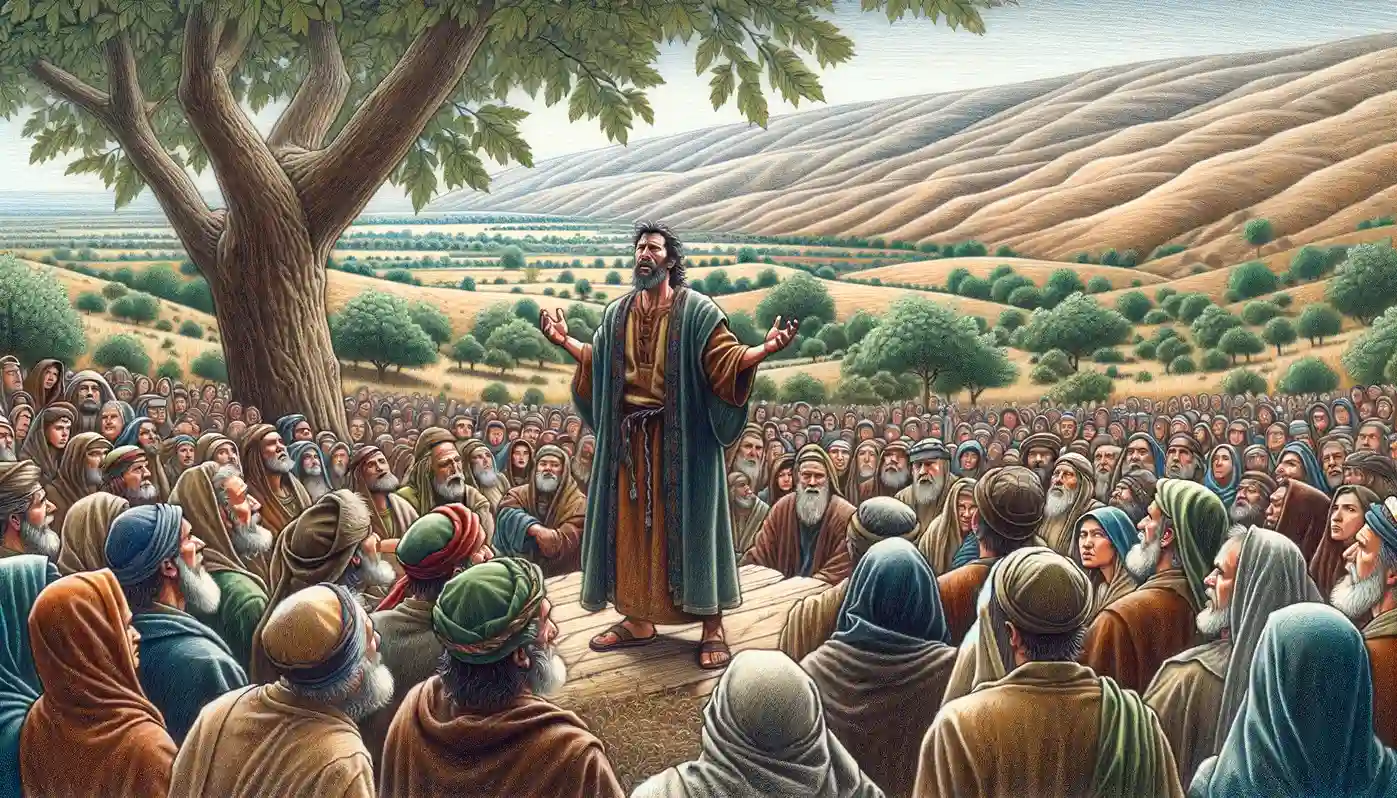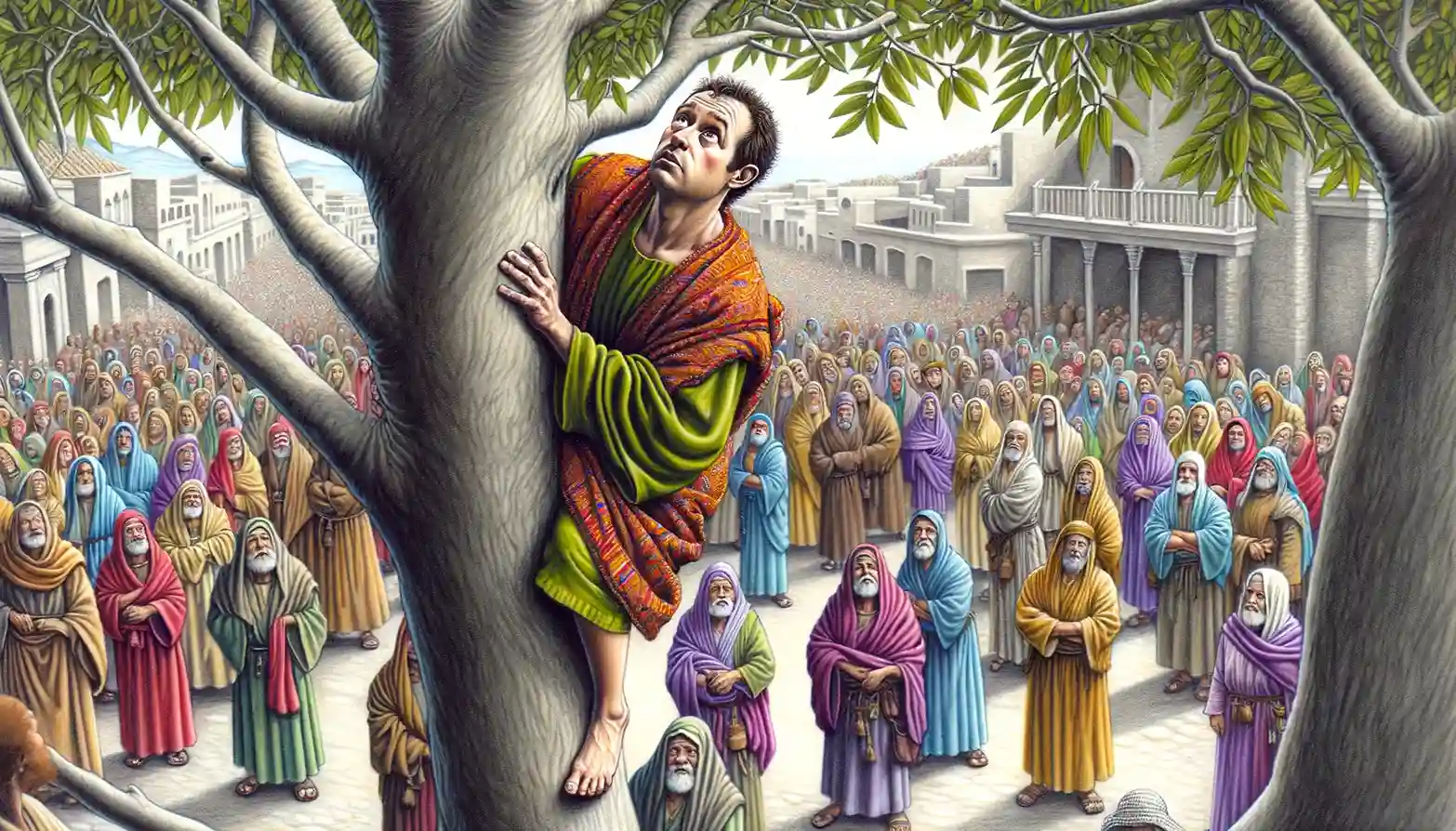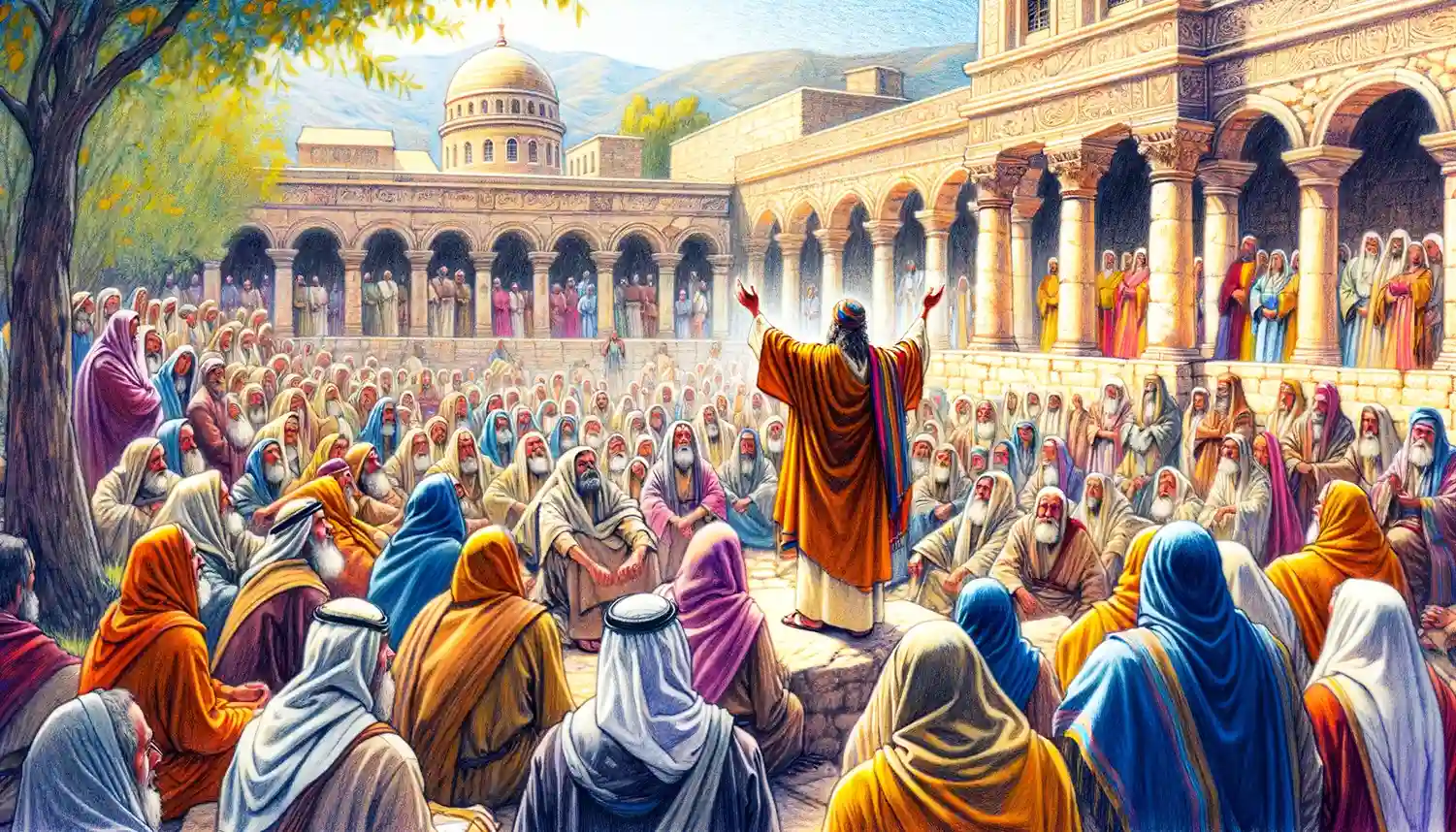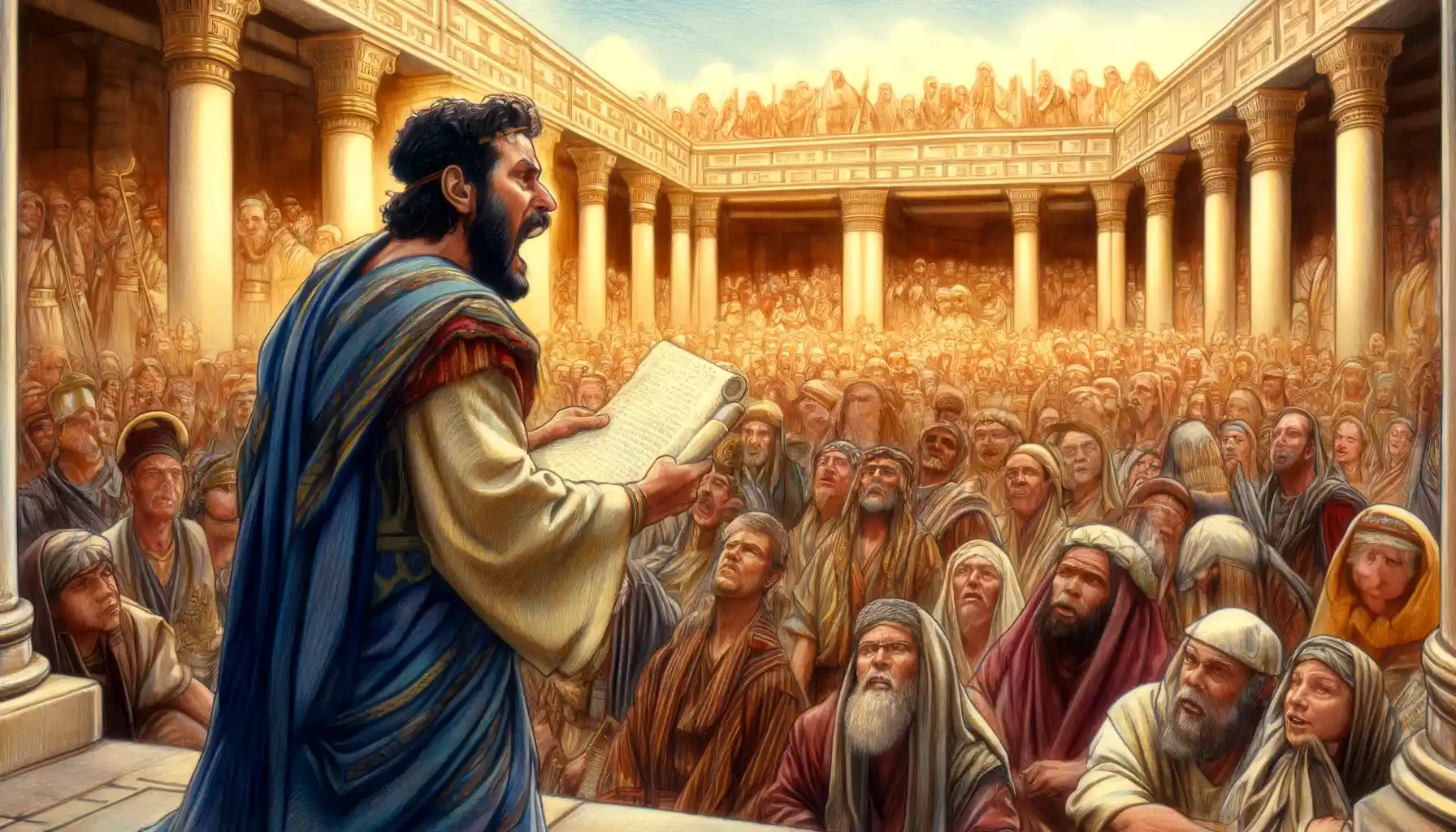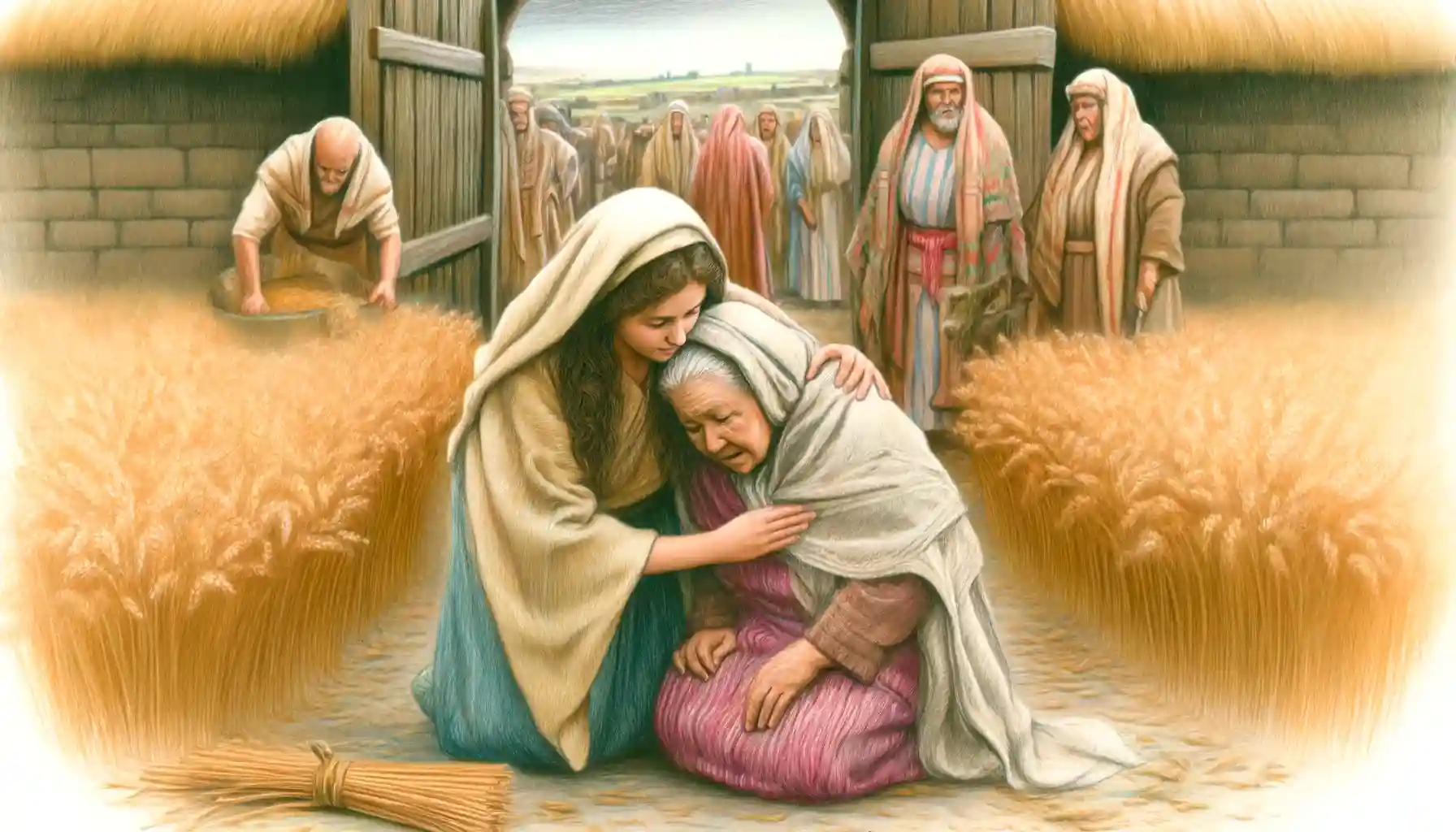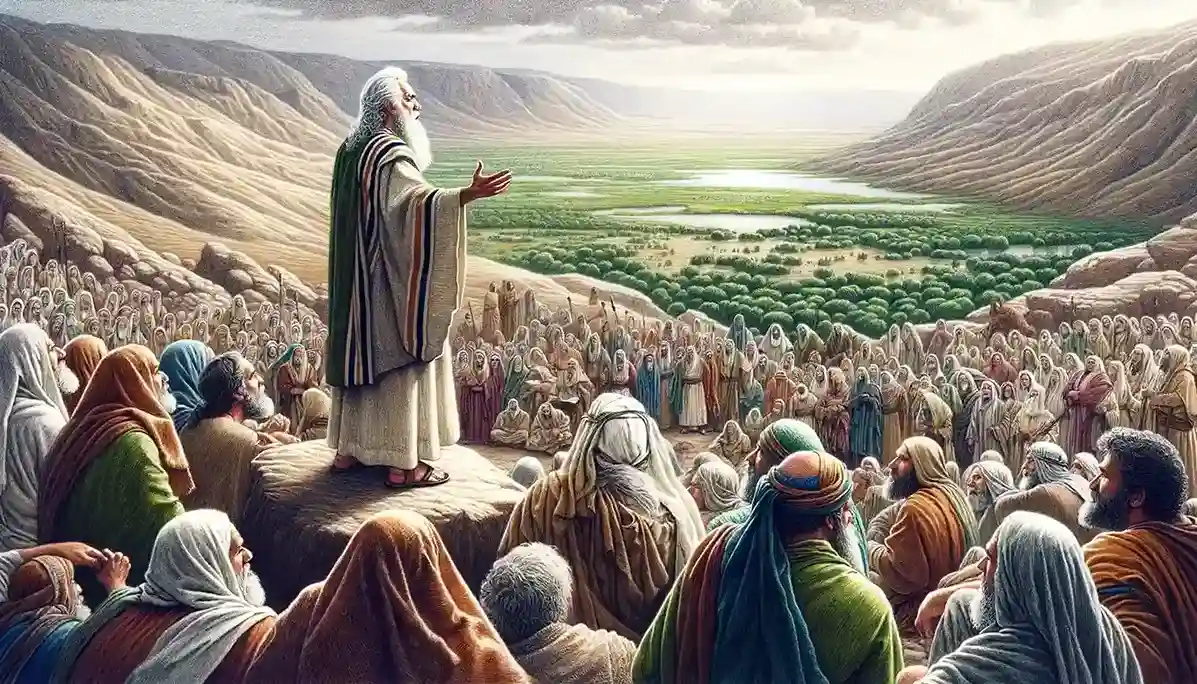Micah, a prophet in the Hebrew Bible, is known for his messages on social justice and his significant prophecy about the Messiah’s birthplace, identifying Bethlehem as the location where the Messiah would be born.
The Book of Amos is structured into oracles against the nations, speeches highlighting social injustices, and visions of judgment, all emphasizing themes of justice, true worship, and divine sovereignty, culminating in a message that covenantal obligations are fundamentally moral and ethical, demanding a society where equity and righteousness are upheld, ultimately affirming God’s commitment to both judgment and mercy.
The Book of Malachi serves as a poignant reminder of God’s fidelity and the expectations He sets for His followers, paving the way for New Testament teachings and the coming of John the Baptist as the “messenger” foretold in the prophecies.
The Book of Zephaniah offers a profound exploration of divine justice, emphasizing the seriousness of sin and the hope available through repentance and humility.
The Book of Amos remains relevant today as a call to social responsibility and justice within religious practice.
Jeremiah’s messages, marked by their intensity and range from despair to hope, offer a deep exploration of the challenges and responsibilities of being in a covenant relationship with God.
The Book of Ruth, with its rich narrative and profound themes, provides an inspiring story of human loyalty interwoven with divine orchestration, making it a beloved part of biblical literature.
The Book of Deuteronomy, structured as Moses’ farewell addresses to the Israelites, reiterates the Law and emphasizes a covenantal relationship with God, urging adherence to His commandments as the key to blessing and prosperity in the Promised Land.
Luke, a Gentile physician and companion of Paul, authored the Gospel of Luke and the Acts of the Apostles, providing a meticulous and compassionate account of Jesus’ life and the early Church, emphasizing the universality of the gospel, the role of the Holy Spirit, and concern for the marginalized.


